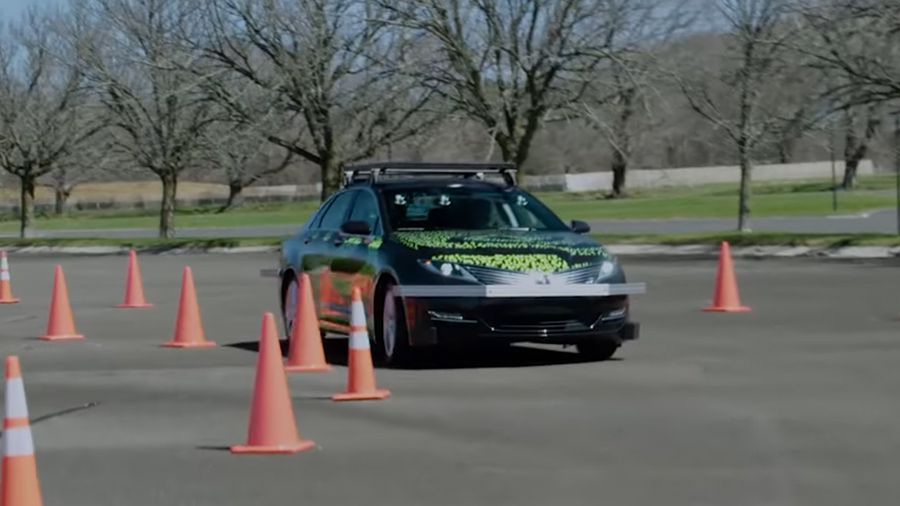Nvidia and Mercedes-Benz will bring an AI-powered car to market next year
Nvidia dives deep into cars

Just when you thought CES 2017 was done with car news, Mercedes-Benz and Nvidia come to the rescue. The car maker and chip powerhouse have announced plans to bring a Nvidia AI-powered car to the market next year.
“When our teams came together there was instant chemistry, and we share a common vision about how AI can change your driving experience, and make it more enjoyable," Nvidia CEO Jen-Hsun Huang said of the team-up.
A Mercedes car running Nvidia's AI will roll out "within 12 months," Mercedes-Benz Vice President of Digital Vehicle and Mobility Sajjad Khan added.
Nvidia and Mercedes have apparently been collaborating on the AI and deep learning for the last three years. Though details are light, the vehicle sounds to have artificial intelligence at its center, relying on deep learning to provide a smarter, more personlized driving experience.
Nvidia, best known for its GPUs and Nvidia Shield consoles, is putting the pedal to the floor with its car ambitions.
The company announced earlier this week it's working with Audi to put an autonomous car on the road by 2020. Nvidia also showed off a co-pilot mode for its self-driving tech, which allows a car to perceive threats while the driver is controlling it manually.
Co-pilot will alert drivers to dangers they may not see, as well as read body language and perform facial recognition to determine where drivers are looking, adjusting alerts accordingly.
Sign up for breaking news, reviews, opinion, top tech deals, and more.
Thankfully we don't have to wait long before Mercedes-Benz and Nvidia let us in on exactly what the two are working on. Given recent sightings of Nvidia's self-driving car on the test track, don't be surprised if the new Benz features just those capabilities.

Michelle was previously a news editor at TechRadar, leading consumer tech news and reviews. Michelle is now a Content Strategist at Facebook. A versatile, highly effective content writer and skilled editor with a keen eye for detail, Michelle is a collaborative problem solver and covered everything from smartwatches and microprocessors to VR and self-driving cars.